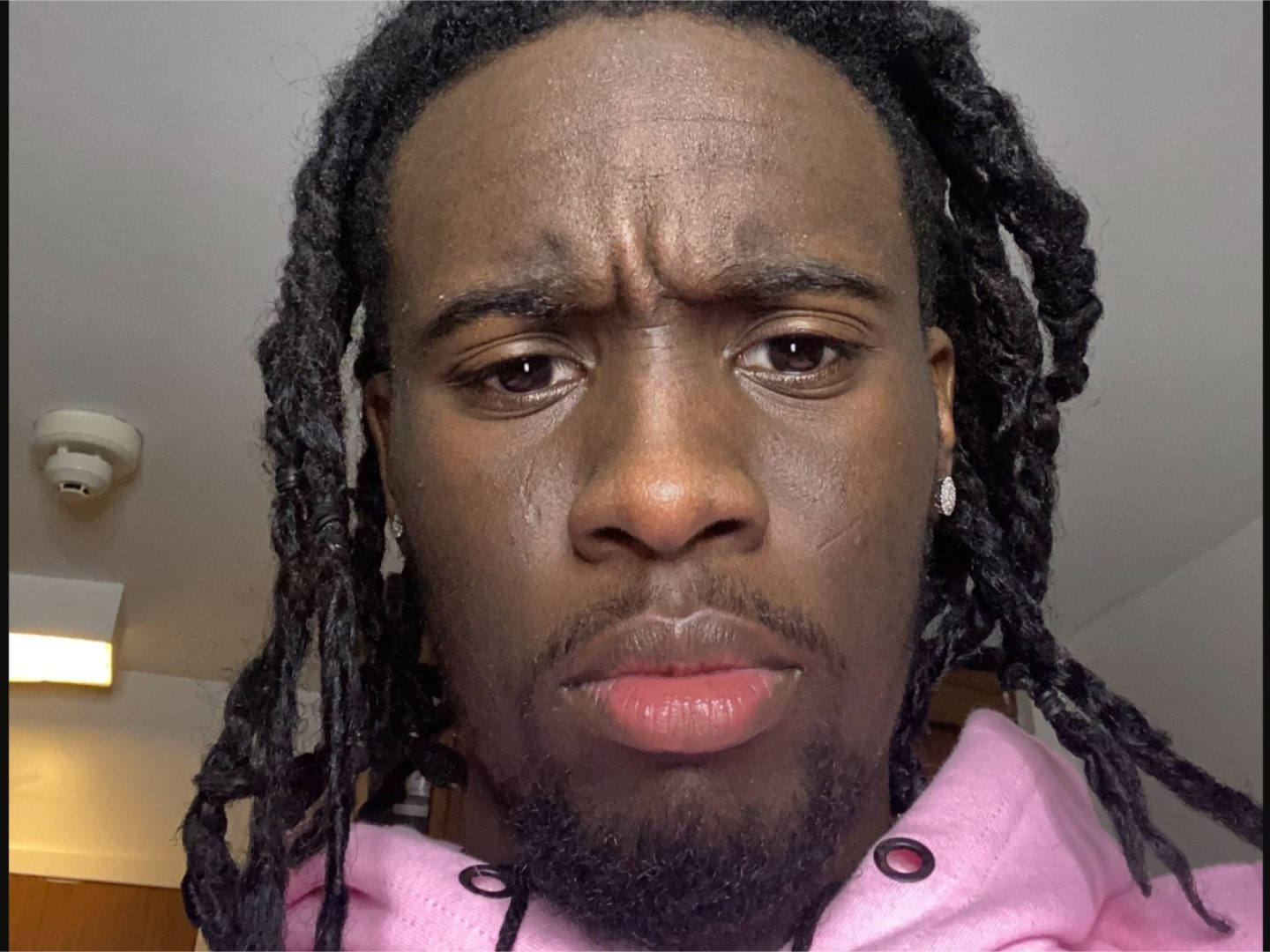Popular streamer Kai Cenat faced a troubling situation during a recent live broadcast when viewers harassed a massage therapist through donation messages, leading to discussions about content creator accountability and online behavior.
The incident occurred Tuesday night as Cenat streamed to over 100,000 viewers. While receiving a massage, his audience began exploiting the text-to-speech donation feature to make inappropriate comments toward the masseuse, creating an uncomfortable environment that led to her early departure.
Cenat responded quickly by disabling the text-to-speech feature, though the damage was already done. The masseuse acknowledged the situation wasn’t Cenat’s fault, but the incident highlights challenges creators face managing large online communities.
The event occurred during Mafiathon 2, Cenat’s ongoing streaming event that has otherwise generated positive buzz, including rumors of a potential Drake appearance. However, the massage incident overshadowed the planned content.
Industry experts note this situation reflects broader issues within live-streaming culture, where immediate interaction between creators and audiences can enable toxic behavior. The anonymity of online platforms often emboldens viewers to act inappropriately.
Content creators increasingly face pressure to establish strict community guidelines and moderate chat interactions effectively. Platform veterans suggest implementing stronger safeguards against harassment while maintaining engaging viewer interaction.
The incident sparked discussions about streamer responsibility and the need for better systems to protect guests and professionals appearing on broadcasts. Several prominent creators have since shared their own experiences with similar challenges.
Despite the setback, Cenat’s handling of the situation demonstrated awareness of creator responsibility, though questions remain about preventing such incidents in future streams.
Stream analysts emphasize how this event could influence platform policies regarding viewer interaction features and content moderation strategies across the industry.
Platform executives note increasing concerns about donation-based harassment, with some considering reforms to text-to-speech systems. Suggested changes include enhanced filtering systems and delayed message review.
Mental health professionals emphasize the impact of online harassment on both content creators and their guests. The immediate nature of live streaming can amplify psychological stress for all parties involved.
Social media experts point to Cenat’s significant influence among younger viewers, suggesting his response to the incident could set important precedents for handling online harassment.
Legal analysts discuss potential liability issues for streamers when guests face harassment, highlighting the need for clear protocols protecting both creators and participants.
Industry veterans commend Cenat’s quick response while noting the incident demonstrates the evolving challenges of modern content creation. The situation serves as a catalyst for broader discussions about online community management.
















